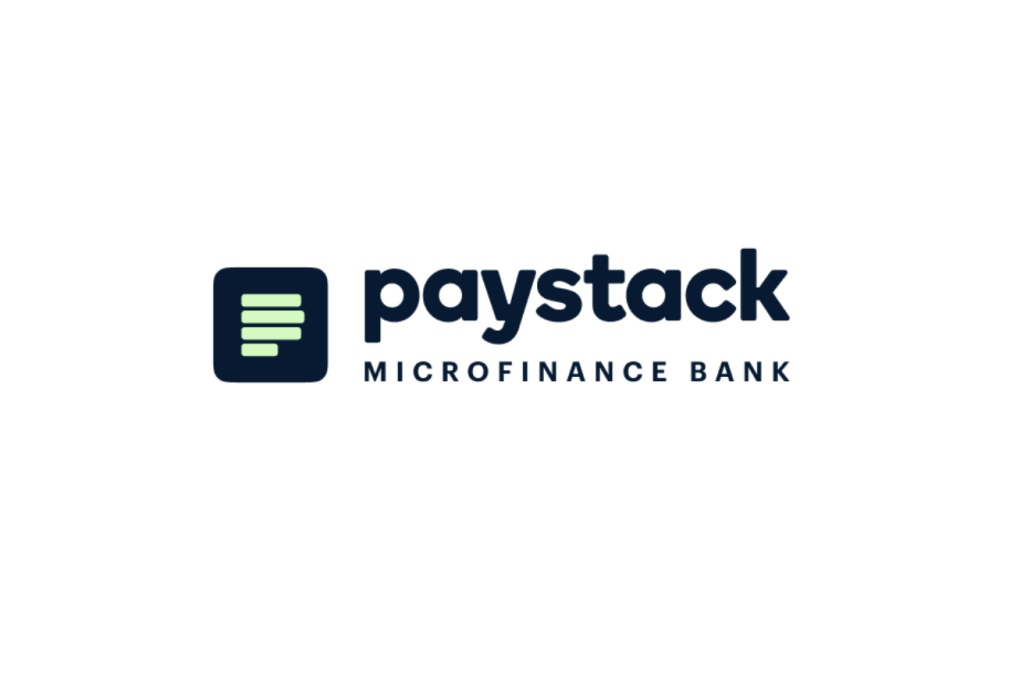
Technology has been a pivotal force in reshaping traditional methodologies in the rapidly evolving landscape of project management. From the advent of email to sophisticated internet applications, technological advancements have significantly impacted how project managers handle scheduling, budgeting, communications, performance tracking, and contracting.
In a recent interview with TechCabal, award-winning blockchain and project management expert Odunayo Akindote shared her insights on the burgeoning role of blockchain in project management. Drawing from her experience using blockchain tools to spearhead groundbreaking projects for leading fintech organisations like Vella Finance, Akindote emphasised the transformative potential of blockchain technology in the field.
“Project managers and Project Management Offices (PMOs) generally use a wide range of tools to balance project tasks, timelines, and budgets,” Akindote noted. “There are many different tools available to help project managers manage their projects effectively and efficiently.”
Traditionally, software solutions like Jira and Azure DevOps have been instrumental in planning and communication, helping manage detailed lists of tasks, budgets, and timelines. However, the integration of blockchain technologies within project management has gained momentum over the past five years, introducing new dimensions to project execution and control.
Blockchain-based project management technologies have been developed to enhance functionalities, including the integration of project management controls within smart contracting and compliance processes. For project managers, this means fairness in resource allocation, task scheduling, and coordination can be addressed more effectively through trust-enabled blockchain frameworks that improve the reliability and verifiability of task processes.

“In recent years, the expanded use of blockchain technologies across many different types of projects serves as an illustrative example of the potential impact of these technologies on project management,” Akindote explained. She highlighted how blockchain frameworks with Internet of Things (IoT) sensors can provide real-time, traceable data transactions, supporting accountable project-related information sharing across stakeholders.
For instance, IoT sensors can be utilised in construction projects alongside blockchain authentications to ensure all data transactions are traceable. This approach fosters a transparent environment where stakeholders can collaborate effectively, knowing that the information shared is secure and verifiable.
Moreover, blockchain use in smart contracts establishes standardised contract terms across all transactions. “Smart contract implementation in blockchain is commonly utilised for financial transactions,” Akindote said. “Expanded use has come in the form of non-fungible tokens (NFTs), which originated utilising the Ethereum blockchain with tokens serving as unique identifications and associated holding rights.”
These advancements create opportunities for the automation of key processes and the development of smart information system designs. By leveraging blockchain, project managers can automate tasks that traditionally require manual oversight, reducing the potential for human error and increasing efficiency.
As blockchain technology continues to evolve, its integration into project management is poised to significantly improve efficiency, transparency, and trust among stakeholders. Odunayo Akindote concluded, “Blockchain is not just a buzzword; it’s a transformative tool that, when effectively leveraged, can revolutionise how we manage projects, ensuring accountability and reliability at every step.”










